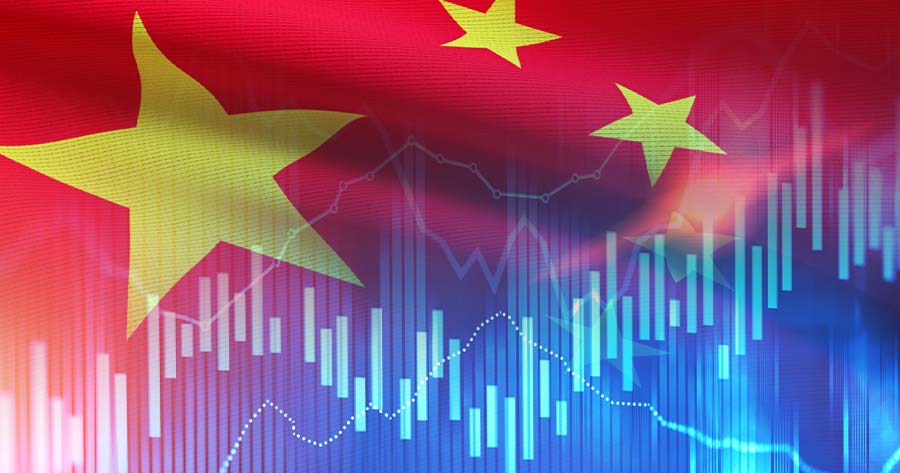In recent developments, numerous Chinese retail investors have rallied alongside the state-supported “national team” to bolster the stock market, marking it as a new front in the expanding trade war tensions between China and the U.S.
According to market and broker data, investment interest has targeted sectors that align with China’s national priorities, such as defense, consumer goods, and semiconductors.
This influx of investor support has provided much-needed relief to authorities striving to contain the anxiety fueled by the ongoing trade war and to stabilize the nation’s financial markets.
Since the decline experienced on April 4, China’s stock markets have seen net retail inflows amounting to 45 billion yuan, as reported by the financial data provider Datayes. This is a reversal from the consecutive six-session outflows that reached 91.8 billion yuan leading up to what the U.S. President Donald Trump labeled “Liberation Day.”
Amidst escalating tariff threats from Trump, which China has criticized as bullying, investors are strategically aligning their interests with Beijing’s rapid and decisive actions. However, some retail investors may simply be capitalizing on the situation.
State-supported institutional investors have openly committed to increasing their share purchases, major Chinese brokerages have pledged to stabilize prices, and numerous listed firms have announced share buyback strategies.
Consequently, Shanghai Composite recovered from its seven-month lows hit early April and is now -0.83% for the month. Meanwhile, S&P 500 was down 8% in April.
In response to intensifying U.S. tariffs, companies such as JD.com, Alibaba’s Freshippo, and supermarket chains like CR Vanguard and Yonghui Superstores have unveiled initiatives to assist exporters in shifting focus to the domestic market.
According to Reuters, several investors vowed to support the stock market, saying that they would hold on to their stocks despite incurring losses. Some do not have experience in stock trading before the Liberation Day on April 2. Others vowed to not go to Starbucks or wear Nike again.





